
Researchers accumulated information on self-reported emotion regulation in patients with current and remitted MDD. Then, they crunched the data.

Researchers accumulated information on self-reported emotion regulation in patients with current and remitted MDD. Then, they crunched the data.

The immune-brain loop: a world where more and more clinicians boldly go-and thrive-among new discoveries.

More than any other medical specialty, we sometimes feel compelled, and empowered, to treat patients against their will. With this comes two great responsibilities.
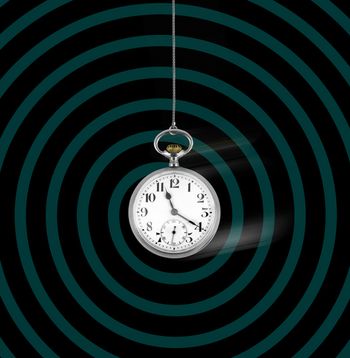
The thorny issue of “end-of-life care” is likely to remain controversial in the US, with physicians themselves holding a wide variety of views.
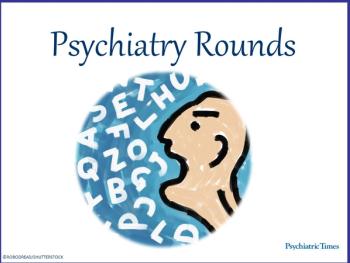
This month's roundup features noteworthy stories from around the web: the humanitarian crisis at the border, new gaming disorder diagnosis, a medication investigation of over 26,000 adult patients, a boundary-busting neurologist, and physician and celebrity suicides.
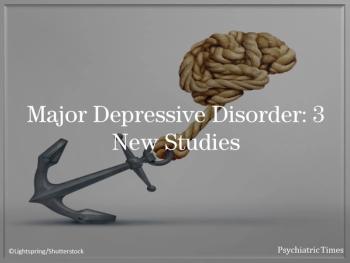
For the first time, a study has shown comprehensive evidence for the effect of depression on decline in overall cognitive function. Plus, 2 more findings.

In the final part of our discussion with Janae Sharp, Janae further discusses the loss of her physician husband to suicide and how best to support others through grief.

Researchers may have cracked the code to the mystery of depression, inflammation, and C-reactive protein.

The first clinical trial of probiotics in bipolar disorder is out, and the results look promising.

Because immunologic processes connected to psychiatric disorders have received considerable attention, we invite you to test your knowledge on the pathophysiologic process of depression and inflammation.

How do brain changes, inflammation, and genetic risk factors modulate the development of PTSD or depression in patients with a history of trauma?
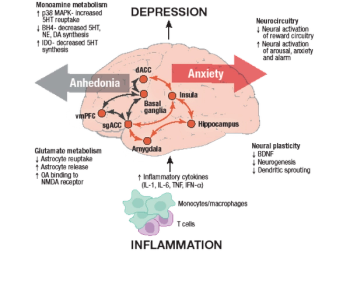
Immunologic processes may play a pivotal role in the development and maintenance of psychiatric disorders, opening an entire new avenue for novel strategies to prevent and treat psychiatric disease.

Charles Nemeroff, MD, PhD argues for psychiatrists to consider obtaining inflammatory marker labs on every patient that they see.

In addition to psychosocial problems, there is a growing realization that PTSD may also lead to or exacerbate chronic medical health conditions.

This 2-part Special Report devotes itself to the new inflammatory world that clinicians and researchers find themselves in. Most of our prior and current preconceptions about the role of immunity and mental illness have been-and are-wrong.
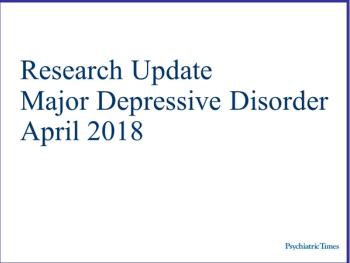
Relapse in MDD is associated with morphologic brain changes; stopping exercise may increase depressive symptoms; and inflammatory biomarkers may predict which treatment-resistant MDD patients benefit from ECT.

Pretreatment assessment of functional brain connectivity in patients with major depressive disorder may predict treatment response, according to new study.
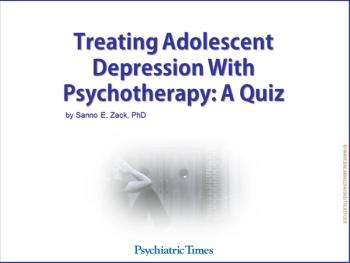
Empirically supported psychotherapeutic treatments have been shown to reduce symptoms of depression and build problem-solving skills in adolescents. Three of those treatments are discussed in this 10-question quiz.

Make the most of brief psychotherapeutic sessions with these practical tips.

In the elderly, falls are a common and important problem. In the US, fall-related injuries cost approximately $30 billion per year, and about 30% of older adults fall at least once in a given year.

Are we happier when we don’t eat sugar or gluten and should we all be gluten-free?

Functional connectivity is a “rapidly developing scientific story.” And for psychiatrists, it is a story worth following.

Three new studies on genetic risk factors and lifestyle; the transition from cognitive health to Alzheimer disease; and metabolic syndrome in depressed older adults.

What are the major cortical networks we are trying to change with TMS? Where will TMS fit into psychiatry in the next decade? These questions and more are addressed in this podcast.

An expert Q&A about the experience of TMS treatment and the future of neuromodulation as it transitions from research to practice.